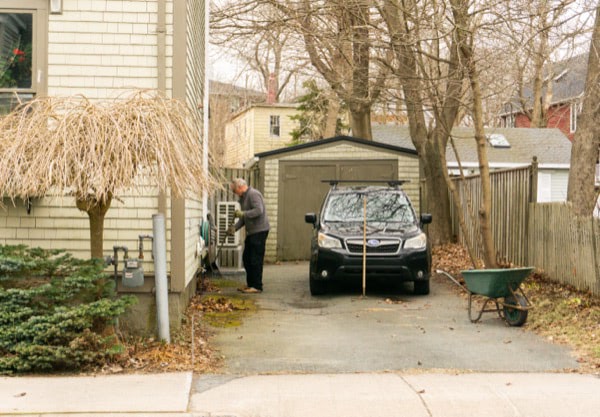Do you need to consider minimizing your spending? Here are some tips to help you curb your spending habits this year!

Important questions to ask your broker when buying
When you are buying a home, you likely have a million questions floating around in your mind. However, it can be hard to keep track of them all, and easy to forget something you needed to know. That’s why we made this list of five important questions to ask your broker during the buying process. These are the top items you should address to ensure your experience goes smoothly.
What impacts my mortgage eligibility?
Mortgage lenders examine a few key factors when deciding whether to finance a mortgage for you. They will look at the 5 Cs: credit, capacity, collateral, character, and capital. These items analyze your borrowing power, creditworthiness, history of making payments, and general character as a borrower. Lenders use the 5 Cs to gain an impression of your eligibility to hold a mortgage. You can read more about the 5 Cs of credit here.
A simple way for you to understand your buying power is to secure a pre-approval. This tells you what you may qualify for based on your current financial situation. If you can maintain your circumstances, this means you are likely in a good position to secure that mortgage amount in the future. However, if you are not confident in your pre-approval, this gives you an opportunity to make any improvements to your finances. This helps you put yourself in the best position possible when you apply for your mortgage approval.
Have I saved enough for a down payment?
Your down payment is the biggest upfront cost when buying a home, and therefore it’s important to ask your broker about your savings. Your broker can help you determine whether the amount you have saved is sufficient based on your buying budget. As you may know, down payments can range from five per cent to 20 per cent (and sometimes more) of your home’s purchase price, depending on the cost of the property. Larger down payments take longer to save, but they result in a smaller mortgage, and there is no need to purchase mortgage default insurance. Down payments below 20 per cent require this insurance to protect the lender. You and your broker can examine what percentage your down payment is likely to amount to, and whether you should save more before entering the market.
What are the penalties for breaking my term?
Understanding mortgage penalties can be difficult, so speaking to your broker ahead of time is essential. You can ask your broker any questions you may have about how these penalties work. However, there are a couple basic rules that apply to every mortgage. If you break your term with a variable-rate product, the penalty will be three months’ interest. If you break your term with a fixed-rate mortgage, however, it gets a bit trickier. The exact calculations vary based on the situation, so be sure to sit down with your broker for a thorough explanation!
Am I better suited for a fixed or variable rate?
The type of mortgage you should choose can be another complicated situation. How can you know which product is best for you? People with fixed rates can enjoy the stability of knowing their interest rate will not change throughout their mortgage term. Those with a variable rate will experience higher and lower interest rates, depending on how rates change over time. People who like predictability and planning ahead often opt for a fixed rate, while those who want to enjoy the potential for lower rates often choose variable products. Your best option is something to discuss with your broker.
What else do I need to know?
This is a general question you should always ask your broker. Often, we don’t know what we don’t know, so it’s a good idea to give your broker the chance to tell you! This question ensures your broker can inform you of anything else you need to know or do before applying for a mortgage. As your broker gives you any additional information, you may find yourself forming new questions you want to clear up.
There are lots of questions you should ask your broker as you work together. Keep in mind that there are no bad questions, and you should always take advantage of your broker’s knowledge! The more you know ahead of time, the easier your homeownership and mortgage experience will be.
If you have any questions about your mortgage, get in touch with us at Clinton Wilkins Mortgage Team! You can call us at (902) 482-2770 or contact us here.


